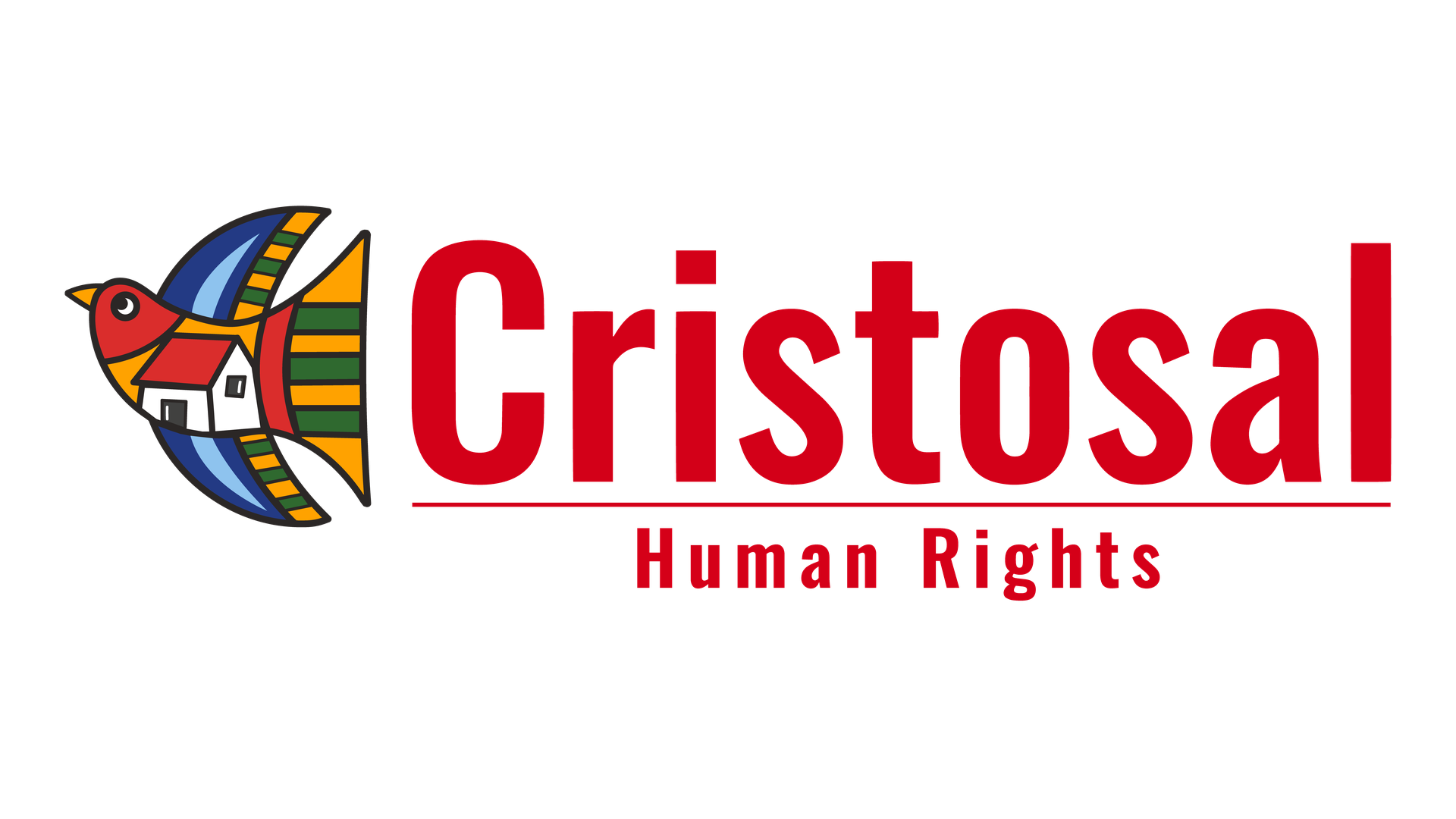Right now, the United States is experiencing unprecedented expansion of the immigration detention system. In June 2025, ICE was detaining more than 59,000 people—a 48 percent surge since January. This marks the highest ICE detention population in U.S. history. The MAGA megabill will accelerate the Trump administration’s aggressive multi-layered expansion plan to detain 100,000 people at any given time.
Trump’s multi-layered expansion plan (see our new expansion map) has proliferated ICE operations into other government agencies, including the Bureau of Prisons and the Department of Defense, using military bases as deportation hubs and growing ICE partnerships with local sheriffs and county jails. The administration has expanded surveillance, brought back family detention, began an unprecedented carceral partnership with El Salvador, and increased neighborhood and workplace raids that hurt communities and disappear people, including activists who oppose Trump’s agenda, into ICE’s network, often sowing fear and confusion.
Two petitions to sign:
1.Sign the petition HERE to stop expansion of ICE detention.
2.Click HERE to sign the petition to stop the reopening of the notorious FCI Dublin federal prison in Dublin, CA as an immigration detention center.



